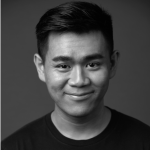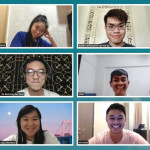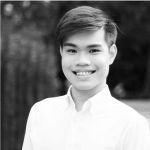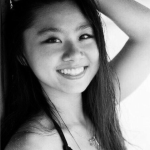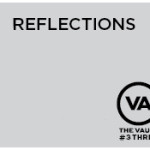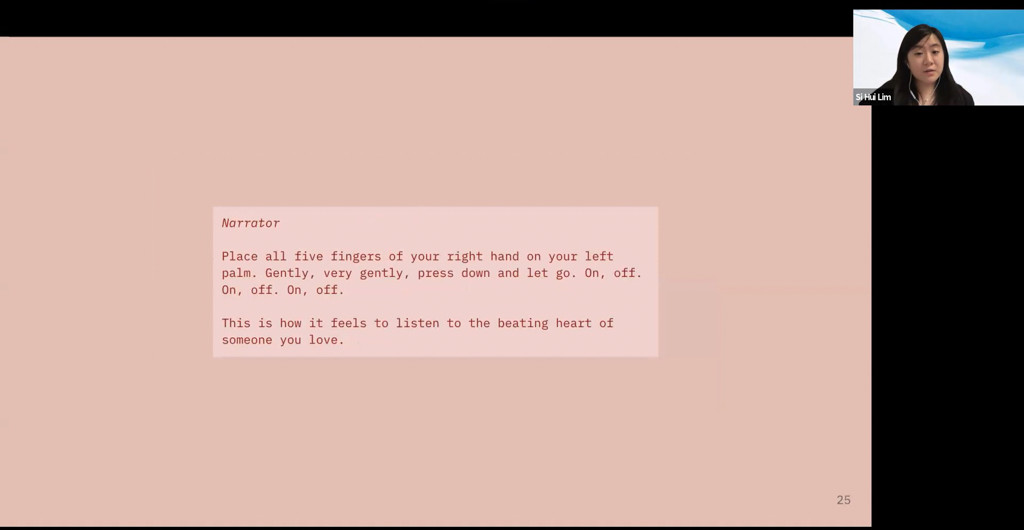
Si Hui presenting a piece of her writing devised in response to the themes of Breastissues by Ovidia Yu at the Artist-in-Residence Sharing of The Vault Lite: A Whole New World?
A Letter to My Breastless Selves
In closing out the project, I wanted to draw on the intimacy and personal nature of the past two months of research. This reflection, inspired by Weiliang’s project medium, takes the form of letters to my past and future selves.
i.
(To my self at 9, before sprouting)
I wonder if you count, at this age, as woman yet.
At the end, my response to Breastissues felt like it was written for you: For daughters that grow up with a legacy of grief, loss, and uncertainty over their own bodies. It’s my way of taking care of you from where I am, which surprised me: When I started the project I thought about outrage, and social pressure, and body dysmorphia.
I didn’t think about you — however.
It seems now inevitable to me that crisis and trauma will always go back to who we were and what we suffered in childhood. We cannot talk about community without talking about the harm we do one another, even through rituals of care.
I envy your youth and your solid belief that your body belongs to yourself. That it is untouchable by time. You are loud, and spunky, and full of opinions ready to be shared. I spent a long time rebuilding that confidence you find so easy; when I first read the text I thought, all three women are me. You are part of my multitudes.
ii.
(To my self at 19, bereaved and escaping)
One day last year I dared to put something out in the world that came from myy interpretation, my eyes, and nobody else’s. I finally believed in my work enough to put my name on it, and that made all the difference. I haven’t written a novel (not yet), but you’d be surprised how much two months and a constructed space can open a window of possibility.
You’d be surprised how much that means when you suspect an artistic identity has slipped right through your fingers.
To know something is not the same as to feel it. It is not the same as putting yourself and your body through the experience; self as research. As you will find out in discovering theatre, and the way it feels larger than life for you. The way you keep chasing this sensation, until the possibility of recreating it is within your grasp.
Do you see yourself as a woman yet? No, I don’t think so; only how to use your femininity to play acceptable tunes.
Over the course of research I talk and act with strong, smart, incisive women and it makes me think about how breasts are not just about breasts: They are about our self worth, our ugliness, our fashion choices, our crude jokes, our sex drives, our bleeding hurting fucked up wombs, our families of origin; they come back to the question: This is what you were born with, so, what are you going to do about it?
A thought from this vantage point: A text can have its own sort of life, the way a body doesn’t always go the way you want. To be in conversation with a text is not to agree with it, always, but to be particularly clear and honest in both your critique of and love for it.
The same with people. The same with a life.
iii.
(To my self at 49, undergoing surgery)
I want to know: Did writing for instructional touch change everything for you, like I think it might?
There is a deep pleasure I get from people being moved by what I’ve written, like the shiver I got out of my first laugh from improv. I think these moments will get even more important as I stay alive. Are you already used to them, bored of them?
Words I associate with you at this age: Cancer. Mastectomy. Radiation.
Does it feel like you thought it would when in conversation with Breastissues; do you have children, a partner, something to lose?
Working with this text was like looking through a portal into potential futures. I kept wondering: What decision would I make? To lose one breast, or both, for some semblance of certainty and symmetry, to keep my pride intact if not my body?
I haven’t arrived at an answer. After all, a text is a text. I do believe it gave me the channel to talk about emotions beyond myself, a window to reach out across time to an audience; but it is not a human life.
At the end of my sharing someone asked about gendered gaze and the representation of women’s bodies, and whether I thought theatre could create social change.
I said, I think that’s asking a lot of theatre. Good, great, brilliant theatre gives you an experience that reaches the heart and transforms your lens on your life. That is the most I can ask of theatre.
What can theatre — any art, any text — ask of me?
How have we spent the last twenty years answering?
Lim Si Hui, Reflections on Bodies in Community
Bodies in Community by Lim Si Hui was developed under The Vault Lite: A Whole New World in respond to Ovidia Yu’s play, Breastissues. This edition of The Vault: Lite ran from January to February 2021. Find out more about The Vault: Lite and Si Hui’s work here.

